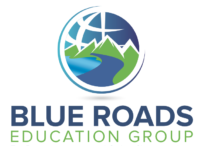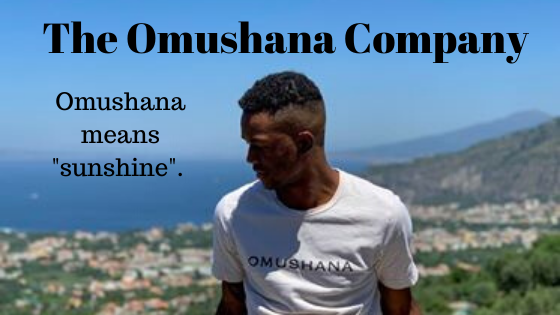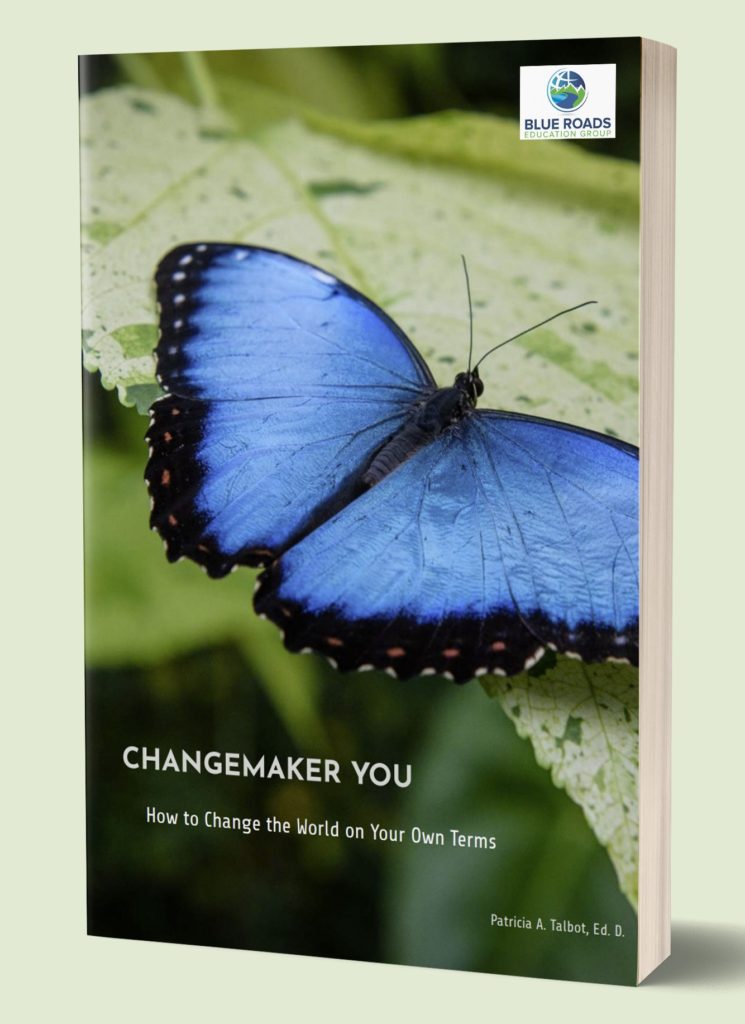Garland Smith is one impressive entrepreneurial changemaker! I was fortunate to meet Garland and his family during his childhood schooling at Margaret Beeks Elementary in Blacksburg, Virginia where I was principal in the late 90’s and early 2000’s. I hadn’t seen him or talked with him in years until I saw a recent ad for his socially-minded enterprise, The Omushana Company.
As soon as I saw this inspiring video, I knew I had to talk with him about his mission to bring light to villages in Uganda. Please read, listen and watch to learn about Garland's Homegrown Solutions for a Patchwork World. This soccer star turned Peace Corps volunteer turned entrepreneur is converting his belief in the power of community into real change.
Homegrown Garland
Garland gives a lot of credit for the man he has become to the Blacksburg community where he was raised. He describes his hometown as “a very comfortable nest of a community in the US where everybody that lives in Blacksburg has this aura of positivity.” As a soccer player from a very young age, Garland was surrounded by love and appreciation for his talent as well as coaches like Shelly Blumenthal of Blacksburg High School and Marc Reeves of Radford University who were extremely influential to his development both on and off the field.
His belief in the power of community seems to have been solidified when he was in the fifth grade. Friends of the family applied for the Extreme Makeover Home Edition on behalf of his mother, Carol Crawford Smith, who has MS (Multiple Sclerosis). The whole town, including the Virginia Tech community, came together in the effort to rebuild their home to make it functional for her needs.
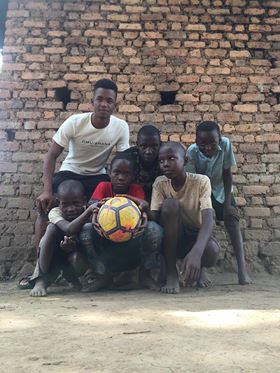
“I believe that provided my foundational understanding of power and people power in numbers and how you can achieve so much more working together… That's what helped me grow as a person.”
Solution-Focused Garland
Garland has faced tough challenges in life including his mother’s degenerative illness and the untimely loss of his older brother when he was in college. Through it all, he has shown extraordinary strength and wisdom for such a young man.
When you go through life, there's going to be so many different road bumps and hurdles, and you have to find a way to move over them, pass through them, whatever it takes to continue on.
By necessity, Garland had to be a resourceful and responsible kid and rely on folks outside the family to help with his mom’s needs. After the passing of his brother, Garland became the main support system for his father who lived alone as well. He continued his college career, playing soccer and at times working three jobs in order to sustain himself and pay the rent. Rather than discouraging him, these challenges seemed to validate the capabilities within him.
When he worked until 3:00 in the morning as a delivery driver and got up just after 7:00 in the morning for training, he just pushed through it. What others might have seen as insurmountable, Garland considered part of his growth journey preparing him for challenges he faced later as a Peace Corps volunteer in Uganda.
After college, he went to Uganda for two years following the required three months of training, in which he learned about the culture and language of Uganda as well as the foundations of the mission of the Peace Corps in developing countries. While there, he worked with the community to identify issues and create projects to address those issues. The perseverance and commitment learned as a youngster served Garland well in this setting.
When his grant for a solar pump system to bring water up from the dangerous crater lakes went unfunded, he worked with others to devise rainwater catchment systems instead. While a number of his grant proposals like this one were rejected, Garland is not one to give up easily. Eventually funding was awarded for a community center serving the needs of girls that is still in operation today.
Garland believes that he is translating the lessons of determination and community he learned as a youth.
Find solutions and see what can work and when stuff doesn't work, which is going to be all of the time, how are you going to still keep your faith up and keep pushing forward through it?…Everything that culminated before (this time) allowed me to be as successful a volunteer as I could be.
When I was a volunteer, I would interact with a lot of community members that had a lot of different, unique problems.
One particular problem he encountered while in Uganda planted the seeds for The Omushana Company he now runs.
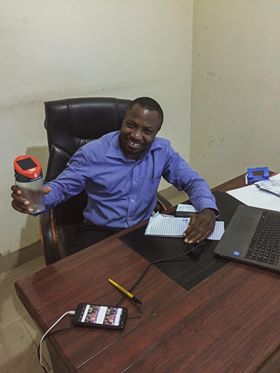
Changemaker Garland
When he noticed the lack of electricity that thwarted his nighttime preparation for teaching was affecting others throughout the community as well, he had an idea.
I had electricity, but it was very unreliable. It would go out at least three times a week for long periods of time and it was really difficult for me to do any work. Of course, I couldn't charge my computer or my phone. I was teaching a lot and I couldn't really make my session plans at night either because I didn't have power. I was actually fortunate compared to a lot of people around me because a lot of people around me didn't even have connections to electricity. If they had light at all at night, it would be from kerosene lanterns or paraffin candles. I realized how difficult it was for me. I could only imagine what it was like for the other people around me, too.
In this setting, Garland again used his innovation and determination to seek out a solution. He researched sustainable ways to create light. He found the “cooking oil candle” to be one useful option, but the quality of the light and the length of time it will burn are major limitations. He was wrapping up other projects in the schools and communities with his host organization toward the end of his service with the Peace Corps when he came across the option of a solar lantern starting to emerge as a solution in the villages he served.
I bought one because I needed one for my own work. And I was like, “This is really beneficial. I'm sure a lot of other people could use this, too.” And that's when the ideas sparked to figure out a way to get other people at least solar lanterns in their homes so that they can work at night. They could socialize at night. They could cook at night. They don't have to breathe in bad fumes from kerosene lanterns and paraffin candles.
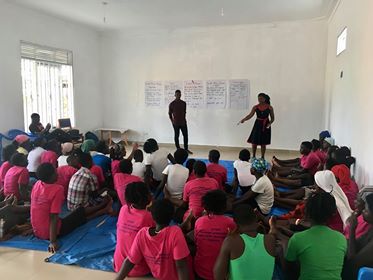
That's essentially where the idea for The Omushana Company started. It started with the need.
From there Garland began to work on a clean, safe, and sustainable option for light that could work reliably and affordably to support the productivity of the community. Because he was at the end of his Peace Corps service, it seemed appropriate that they approach the project as a social enterprise instead of an NGO in order to fund the project themselves.
This is when they discovered the viability of working within the emerging eco-friendly clothing market.
With each sale of eco-friendly clothing, The Omushana Company gives a solar lantern to a household in Uganda that does not have light. It's just that simple. You're making a change by purchasing eco-friendly clothing. You're practicing conscious consumerism while holding companies responsible for sustainable and conscious practices.
While helping community members with light, The Omushana Company is simultaneously eliminating the need for dangerous and toxic kerosene and paraffin candles which Garland reports are responsible for 30% of carbon dioxide outputs in the world's lighting sector. The environmental and practical benefits are demonstrable.
They take the cost of the lanterns directly from the clothing sales and hold the lanterns until they have enough for an entire village ready to deploy.
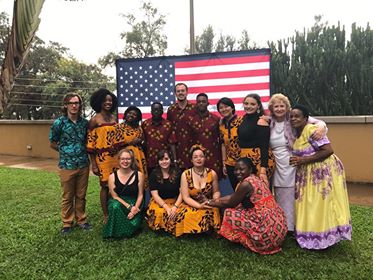
It's kind of like “no household left behind” so they progress together. Of course, it's not possible without a lot of people and a lot of support. I believe in what we're doing and in the capacity to create a change.
After only a year in business, The Omushana Company has provided clean light for 1400 people in Uganda and counting.
Garland’s Patchwork
As a clear leader, Garland uses his skills and experiences working across difference for the benefit of others. When we spoke for this interview, he had just returned from three months in Rwanda. He has served in roles like “Diversity Committee President”, “Conservation Think Tank” member and “Technical Immersion Host” as well as a trainer of volunteers for the Peace Corps.
I like to share not just my experience, but also, of course, the problems, but also ways to overcome them. too.
Working to create group cohesion is one of his specialties so teams are ready to “push through it together” when the need arises. His experience with community development has served him well as an entrepreneur. So has his ability to see things through on his own when necessary.
I knew it would work, but a lot of times it's hard for other people to see that vision, too. So, a lot of times I had to, and still have to, move on my own to show people where it is so they can come along with me, too. In that regard, the way that I keep pushing through is when I get introspective. I like to look inwards to always find the positivity, the belief, duty, confidence…I'm able to look inwards, but outwards as well. When I do that, it gives me a lot of confidence and perseverance to keep pushing through. Then I know that I still have other people with me. My community, my friends, family supporters, everyone around then can start believing in the vision, too. We start moving together in that way.
Now at the University of Sussex as a graduate student working on a Master's Degree in Sustainable Development, his classmates come from all over the world. He credits his first experience with a British roommate in college for breaking the world open to him. Soccer made that possible as his teammates came from various places in Europe and South America.
Interacting with them and understanding that even though they're from somewhere different and they might speak a little differently, we're all the same really. We share the same common aspirations and goals. Understanding that in my interactions with them gave me a lot of confidence to go to Uganda and do the same thing.
It gave me a little bit of a head start.
Garland used his head start to get busy building relationships.
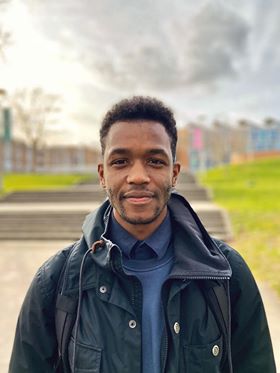
I can remember it was probably one of the most nervous things I've done in my life because I'm trying a new language, not very well. And just interacting with people as they're sitting in their shops. I think just throwing yourself into that, knowing that you're going to make mistakes, knowing that you might be a little bit weird, but being honest about that with yourself. We're all human and when you show that and you interact that way with other people, they can understand that. They understand what you're going through. They're not going to be there to make fun of you, to laugh at you, especially if you're in a new community and you're trying something that's theirs and they're going to really appreciate that.
I take that with me when I go into new settings a lot. It's a lot of being humble. It's a lot of staying humble, staying learning, staying accepting, and always ready to learn more.
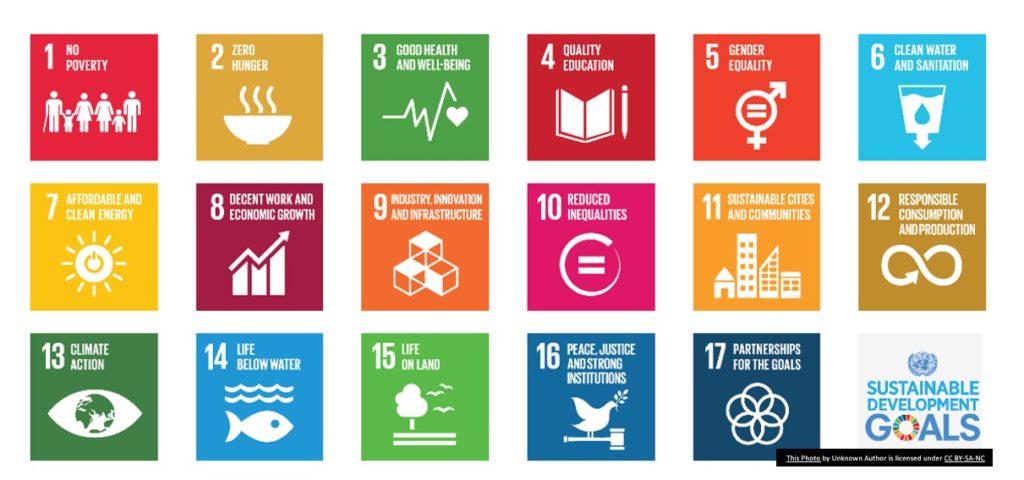
Thank you, Garland Smith for your work to bring light to the world literally and figuratively! It’s easy to see that you are already working to address the UN Sustainable Development Goals in a big way by bringing greater productivity and safety to communities in Uganda.
I’m sure readers can see that, by extension, Garland is specifically addressing Global Goal #1 – No Poverty, # 3 – Good Health and Wellbeing, #4 – Quality Education as well as #6 – Affordable Clean Energy #7 – Decent Work and Economic Growth and #17 – Partnerships for the Goals.
What about you? How are you working on the Global Goals? We’d love to hear from you at the link below. We also hope you’ll check out and support the great work of The Omushana Company. Help Garland in his mission to spread the light!
Podcast: Play in new window | Download
Subscribe: Spotify | iHeartRadio | Email | TuneIn | Deezer | RSS | More
